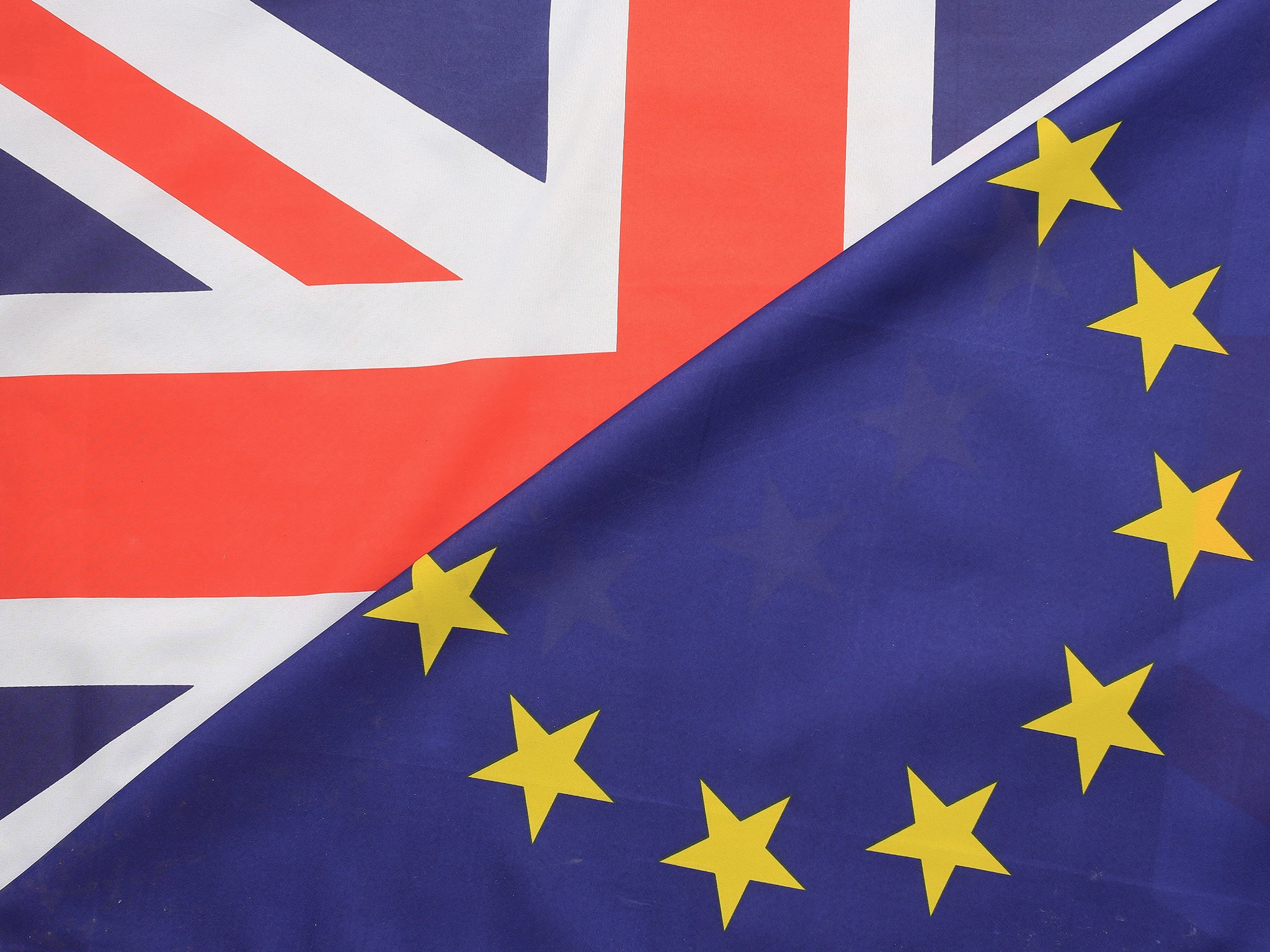Britain has to rebuild its working relationship with the EU – it is common sense
It is in the self-interest of both sides – rather than see distressing squabbles running on and on, writes Hamish McRae


The United Kingdom has to rebuild its relationship with the European Union – and the EU with the UK. This is not just about trade or security, though those are two of the key elements. It is about common sense. It is in the self-interest of both sides to have a decent working relationship, rather than see these distressing squabbles running on and on. So how to bring common sense back?
The ideas of Rachel Reeves, the shadow chancellor, are a good starting point. In an interview with the Financial Times she said that Boris Johnson had a “blind spot” when it came to bolstering relations with Brussels. Actually it is worst than that. It plays to his political base to attack the EU whenever possible, blaming any bad outcomes of the separation agreement on Europe’s intransigence and legalism. It is not so much a blind spot. More a clear-eyed calculation of where his domestic political advantage lies.
This is not to say that Europe is blameless. As we saw earlier this year over the vaccine spat, the Brussels bureaucracy can behave in an aggressive and legalistic way. Its case against AstraZeneca for delivery shortfalls was rejected by the Court of First Instance in Brussels, but it is pretty clear that this row, and the other attacks on AstraZeneca, undermined confidence in the vaccine and slowed the take-up in Europe.
Andrew Bailey, governor of the Bank of England, has also highlighted the deadlock that has arisen over the City’s access to Europe, telling the Treasury select committee earlier this year that the EU was engaged in “very serious escalation” in seeking to take derivative clearing away from London.
Blame apart, though, the reality is that while Boris Johnson remains prime minister it will be impossible to do more than patch the bad relationship with the EU. There is no trust, and rebuilding that will have to wait for new leaders on both sides. This is why Reeves's suggestions are really helpful. She understands finance, for she was an economist at the Bank of England before she became an MP. We do not of course know who will form the next UK government but we do know that a new approach is needed. As she puts it: “We thought the deal would be built on, but the gaps have not been filled in.”
She argues that those gaps include helping the food and drinks industry cut down on paperwork when produce crosses the border, better access for British musicians and theatre companies to tour across the continent, mutual recognition of professional qualifications.
She also looks to the US for ideas, commending President Joe Biden’s “buy American” plan which aims to use government procurement power to favour domestic production. She believes this can be done without infringing WTO rules and would deliver better value for taxpayers.
All this makes sense. Indeed as far as the shift to domestic production is concerned she is pushing at an open door. One of the features of UK trade over the past few years has been a shift to buying British. For example Britain has been increasing the proportion of food it produces since the decision to leave the EU. In 2017 it produced 50 per cent, with the EU supplying 30 per cent. (The rest was imported from other parts of the world.) By 2019 that proportion of home produce had risen to 55 per cent, and the EU’s share had shrunk to 26 per cent.
We don’t yet have reliable trade numbers for the past year but it seems likely that the combination of Brexit and the disruption to global supply chains from the pandemic will further push companies to source locally wherever they can do so. That is all to the good, for environmental reasons as much as anything else. Transport is the second largest contributor to global carbon emissions after heating and electricity generation, accounting for 15 per cent of the total.
The core issue for the EU-UK relationship is not whether it would suit both sides to have a better relationship. It is how to get to there from here. What in practice will have to happen will be a series of detailed agreements, picking out areas where both sides agree that they can take down barriers, and use the success of that negotiation to rebuild trust more generally.
This will need new people on both sides. Reeves may or may not be one of those people, but she deserves a following wind for her sensible approach: don’t break the agreement up, but take what there is and make it work better.
To find out what others are saying and join the conversation scroll down for the comments section or click here for our most commented on articles



Join our commenting forum
Join thought-provoking conversations, follow other Independent readers and see their replies
Comments